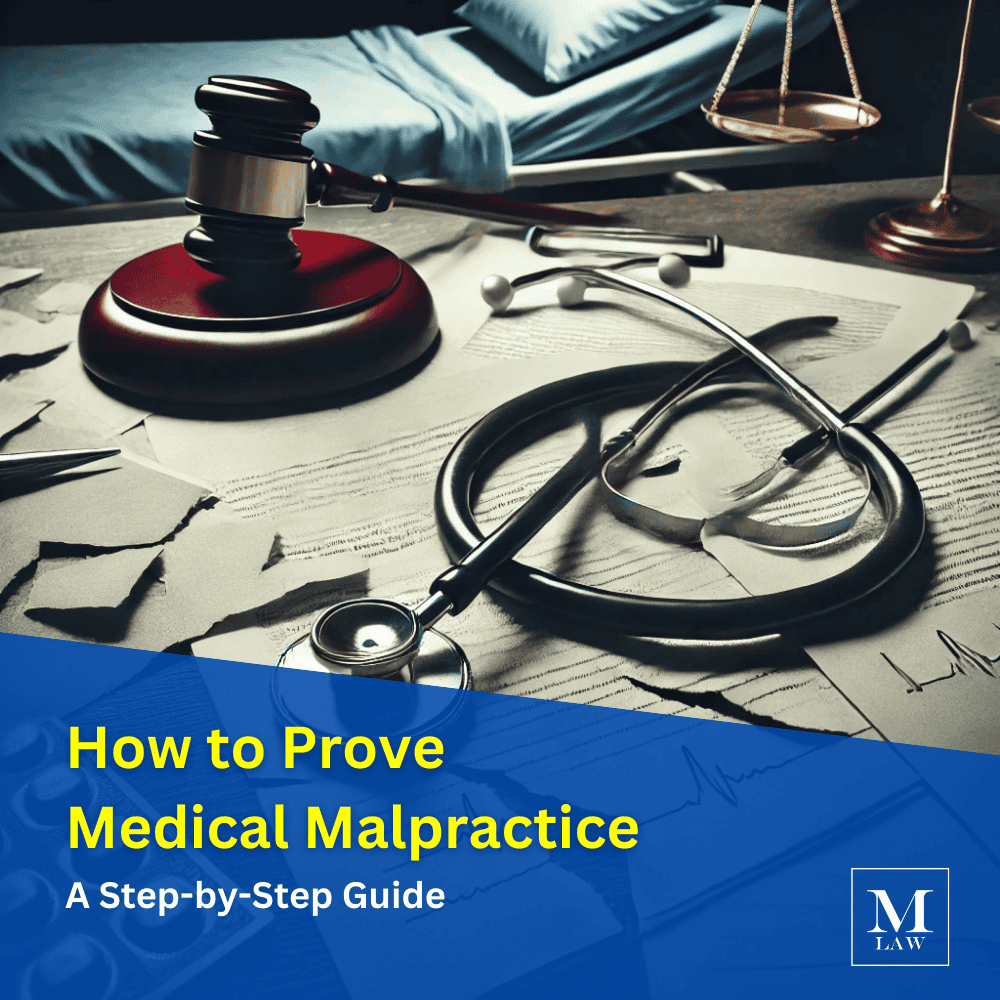In the realm of medical practice, a patient’s consent plays a pivotal role in determining the legality and ethicality of a procedure. Consent ensures that patients have the right to make informed decisions about their own healthcare. However, not all forms of consent are created equal. When it comes to medical malpractice cases, understanding the distinction between express and implied consent is essential. In this blog post, we will delve into the key differences between express and implied consent and their significance in legal proceedings involving medical negligence.
Express Consent
Express consent is explicit, clear, and communicated in an unequivocal manner. It is given when a patient explicitly agrees to a medical procedure or treatment after being provided with comprehensive information about the nature, potential risks, and alternatives associated with it. Express consent can be given orally, in writing, or even through an electronic medium, as long as it is clearly documented.
The primary objective of express consent is to ensure that patients have a thorough understanding of the proposed treatment, allowing them to make informed decisions about their health and well-being. This form of consent protects patients from unauthorized interventions and provides them with a voice in their medical care.
Implied Consent
Implied consent, on the other hand, is not explicitly communicated by the patient but is inferred based on the circumstances. It is assumed that patients have granted consent for routine procedures, examinations, or treatments when their actions, conduct, or silence suggest compliance.
Implied consent typically applies to medical interventions that are considered standard practice in a given situation. For example, if a patient presents with a broken arm and willingly extends their arm for an X-ray, it is assumed that they implicitly consent to the procedure required for diagnosis and treatment.
The distinction between express and implied consent becomes crucial when it comes to medical malpractice cases. While express consent requires a detailed explanation and active agreement from the patient, implied consent can be open to interpretation, leading to potential legal complications.
Significance in Medical Malpractice Cases
Medical malpractice cases often hinge on whether the healthcare provider obtained valid consent from the patient. The distinction between express and implied consent can significantly impact the outcome of such cases. Here’s how:
- Proof of Consent: In medical malpractice litigation, express consent provides a stronger legal foundation. The presence of written or documented evidence of a patient’s express consent, along with the details of the procedure explained and risks disclosed, can help establish a healthcare provider’s compliance with ethical and legal standards. Implied consent, on the other hand, may be challenged and may require additional evidence to support its validity.
- Scope of Consent: Express consent is specific and limited to the agreed-upon procedure, ensuring that patients are aware of the risks associated with a particular treatment. In contrast, implied consent is usually limited to routine, standard procedures and may not cover unforeseen complications or additional interventions. This distinction becomes crucial when determining whether a healthcare provider exceeded the scope of consent, potentially leading to medical malpractice claims.
- Informed Decision-Making: Express consent promotes transparency, autonomy, and shared decision-making between the healthcare provider and the patient. By providing comprehensive information, healthcare professionals enable patients to actively participate in their treatment plans. In contrast, implied consent may overlook important details, leaving patients uninformed about potential risks or alternatives, thereby limiting their ability to make truly informed choices.
In medical malpractice cases, consent is a fundamental aspect that determines the legality and ethics of a healthcare provider’s actions. Understanding the difference between express and implied consent is crucial in evaluating the validity and extent of a patient’s agreement to a medical procedure. While express consent requires clear communication and comprehensive disclosure, implied consent is based on inferred compliance.
Get in touch with a medical malpractice lawyer today by giving our office a call or filling out our contact form.








